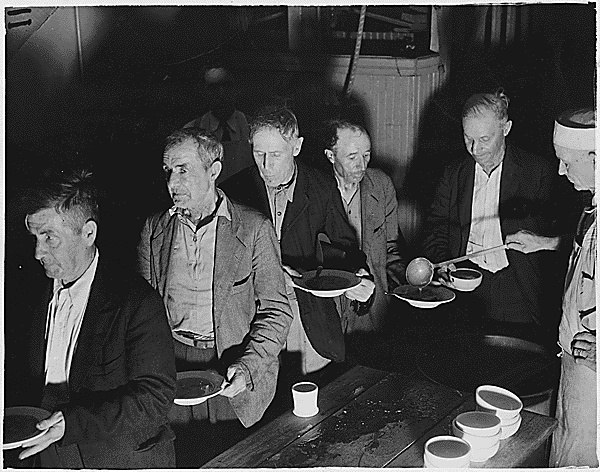In a recent Guernica interview conducted by Emily Brennan, Katherine Boo, that excellent New Yorker writer, addressed the moral complexity of reporting about poverty for a magazine aimed at those with considerable disposable income. An excerpt:
“Guernica:
At a lecture at American Academy, you recounted that during your reporting on that evacuation shelter for The New Yorker a woman told you, ‘Wait, so you take our stories and put them in a magazine that rich people read, and you get paid and we don’t? That’s some backward-ass bluffiness, if you ask me.’ She seemed to sum up the moral dilemma that reporting on poverty raises. Can you speak to some of these ethical questions?
Katherine Boo:
She said it better than I did. We take stories and purvey them to people with money. And in the conventions of my profession, which I try to adhere to, we can’t pay people for stories. Anyone with a conscience who does this work grapples with that reality, and if they don’t, I’d worry. I lie awake at night, and I think, ‘Am I exploiting them? Am I a vulture?’ All of the terrible names anyone could call me, I’ve called myself worse.
But if writing about people who are not yourself is illegitimate, then the only legitimate work is autobiography; and as a reader and a citizen, I don’t want to live in that world. Because if you take a kid like Sunil, who’s been denied the possibility of an education that allows him to write his own story, and all of the people who lack the means and access to do so, they go down the memory hole. They’re lost. What it comes down to is, the only thing worse than being a poverty reporter is if no one ever wrote about it at all. My work, I hope, helps people understand how much gets lost between the intellection of how to get people out of poverty and how it’s actually experienced.
One of the reasons I pore over official documents and reportage is because I’m fascinated by the chasm between the lives that people have and the way they’re officially recorded. In Annawadi, when people were killed, they were categorized as sickness deaths because the officials were corrupt, were extorting money from other people, didn’t care to investigate the deaths of no-account people, and so on. The tragedy is that the other children in Annawadi knew that these people were murdered, that their lives had no meaning, that they’d be classified and filed away. The corrosive effect of that knowledge is staggering. When you know that anything can happen to you, that there is no possibility of redress because of who you are, because you’re an embarrassment in this prosperous city, that’s tragic. Sunil knows people who’ve been killed and filed away, and he can’t bring that to life. But he can tell me and I can get the documents and do the work and bring it to life. And that’s a trade-off to make.”
Tags: Emily Brennan, Katherine Boo

